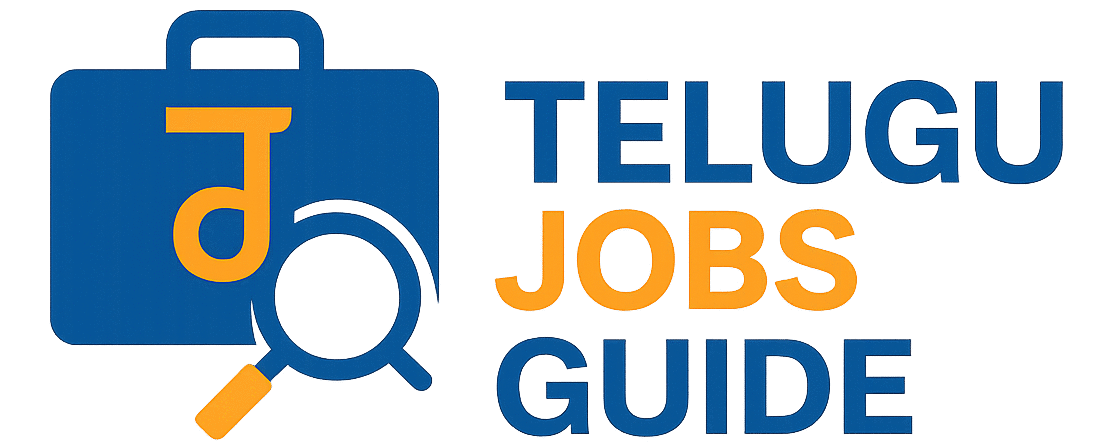Lok Adalat Token in India:
Introduction:
India’s judicial system is one of the largest in the world, yet it faces enormous challenges in terms of delays and backlog of cases. To address these challenges, the concept of Lok Adalat was introduced as part of an alternative dispute resolution mechanism. Lok Adalat, meaning “People’s Court,” is a forum where disputes pending in the courts or at the pre-litigation stage are settled amicably. One unique aspect associated with Lok Adalats is the use of a token system that ensures systematic participation, smooth management of disputes, and fair opportunity for every party to be heard. This essay explores the meaning, purpose, functioning, and advantages of Lok Adalat tokens in the Indian legal system.
The Concept of Lok Adalat:
Lok Adalat is based on Gandhian principles of peaceful resolution of conflicts. It was first recognized formally under the Legal Services Authorities Act, 1987, which gave statutory status to this mechanism. Lok Adalats are established to facilitate prompt, cost-effective, and harmonious resolution of disputes without protracted legal proceedings.
Key features of Lok Adalat include:
1. Voluntary participation of both parties.
2. Decisions made with mutual consent.
3. No rigid procedural rules.
4. The award is conclusive and binding, with no possibility of appeal.
5. Providing access to justice at no cost for everyone.
The Role of Tokens in Lok Adalat:
The token system in Lok Adalat is an administrative tool used to manage the large number of cases and litigants who appear for dispute settlement. In many Lok Adalats, especially those organized on a large scale or at district levels, hundreds or even thousands of litigants gather on the scheduled day. Without a proper system of order, confusion and mismanagement may occur. This is where the Lok Adalat token becomes significant.
Functions of Lok Adalat Tokens:
Identification: Tokens help in identifying the case number or the parties involved. Each party is given a token number corresponding to their case.
Order of Hearing: Tokens maintain the order in which cases are called and prevent unnecessary crowding or disputes about priority.
Transparency: The token system ensures fairness, as cases are taken up based on the assigned sequence.
Efficiency: By streamlining the hearing process, tokens save time and ensure the Adalat completes the maximum number of cases.
Accessibility: Even people with limited literacy can rely on their token number instead of remembering complex case details.
Process of Token Distribution in Lok Adalat :
Registration of Cases: Before the Lok Adalat session, eligible cases are registered through the legal services authority or referred by regular courts.
Allotment of Token: On the day of the Lok Adalat, each case is given a unique token number. This number is handed over to the parties.
Calling of Cases: The panel of judges and conciliators call cases according to the token sequence.
Hearing and Settlement: Both parties are encouraged to reach a compromise. If successful, the decision is recorded as an award.
Completion: Once a token’s case is resolved, the next number is called, ensuring smooth functioning throughout the day.
Advantages of the Token System in Lok Adalat:
The token system, though simple, has multiple advantages in the smooth conduct of Lok Adalats:
Orderliness: It avoids chaos among litigants waiting for their cases to be heard.
Time Management: Judges, conciliators, and advocates can handle cases more efficiently when there is a sequence to follow.
Fairness: No one can unfairly jump the queue, ensuring equal treatment.
Ease for Litigants: Many litigants in Lok Adalat are from rural or semi-literate backgrounds. Tokens make the process simple and understandable for them.
Psychological Relief: Holding a token assures the parties that their case will be heard, reducing anxiety or uncertainty.
Impact of Tokens on Justice Delivery:
The token system in Lok Adalats directly contributes to the success of alternative dispute resolution by:
Maximizing Settlements: Since the process is organized, more cases can be heard and settled in a single day.
Reducing Court Burden: Each resolved case means one less case burdening the regular courts.
Encouraging Participation: Litigants feel confident that the process is fair and transparent.
Strengthening Trust in ADR: Small gestures like tokens enhance public confidence in platforms such as Lok Adalats.
Challenges of the Token System:
Although effective, the token system also faces certain challenges:
Overcrowding: In some cases, the number of litigants exceeds the available resources, making token distribution difficult.
Mismanagement: If not properly organized, confusion may still arise in assigning or calling tokens.
Limited Awareness: Some people may not understand the purpose of tokens, leading to hesitation or delay.
Dependence on Human Efficiency: Since the process is manual in many places, mistakes like duplicate tokens or misplaced numbers can occur.
Suggestions for Improvement:
To strengthen the role of tokens in Lok Adalats, certain improvements can be considered:
Digital Token System: Introducing computerized token allotment can reduce errors and mismanagement.
Clear Instructions: Proper guidance should be provided to litigants about the use of tokens.
Display Boards: Electronic boards displaying token numbers being heard can increase transparency.
Training of Staff: Staff members should be well-trained in managing the flow of tokens.
Pre-Scheduling: Wherever possible, cases should be pre-allotted token numbers before the day of the Adalat.
Conclusion:
Lok Adalat is an essential part of India’s judicial system, designed to bring justice closer to the people in a speedy and cost-effective manner. The Lok Adalat token may appear to be a small administrative tool, but it plays a crucial role in maintaining discipline, fairness, and efficiency in the entire process. By organizing cases systematically and giving equal opportunity to all parties, the token system strengthens the foundation of people’s courts.
As India continues to modernize its justice delivery system, combining traditional practices like Lok Adalats with innovations such as digital tokens can further enhance efficiency. Ultimately, the Lok Adalat token symbolizes not just a number, but a step toward ensuring accessible, equitable, and speedy justice for all citizens.

